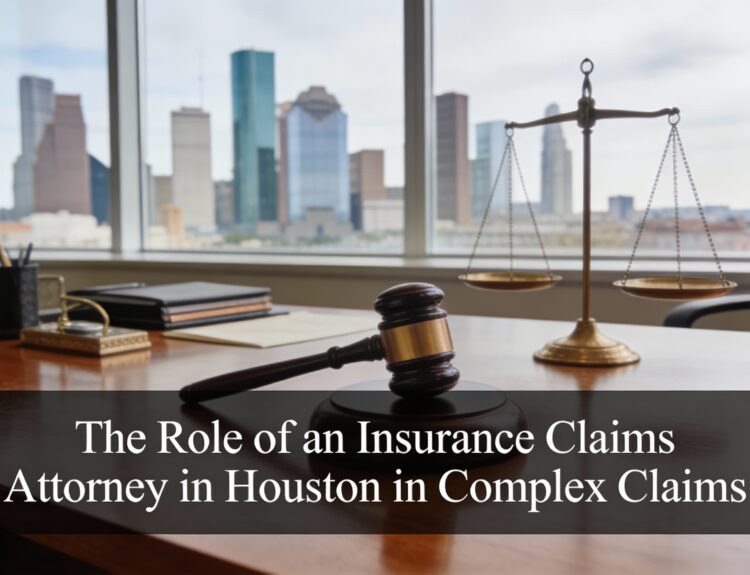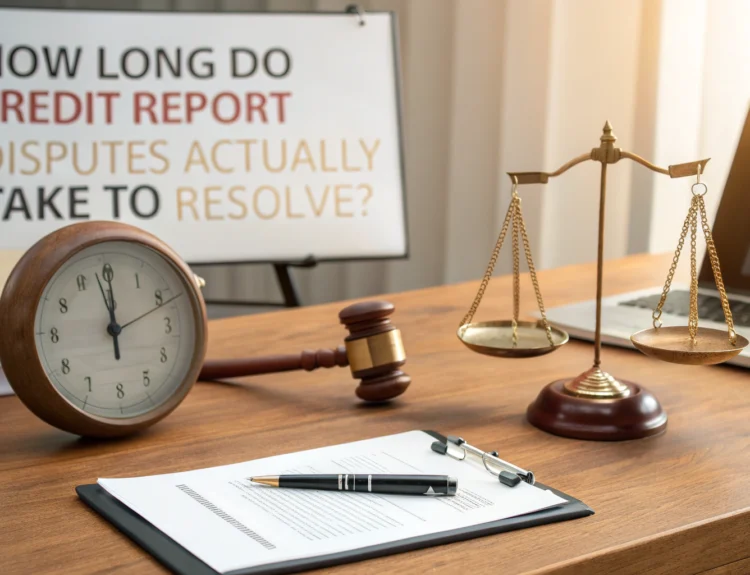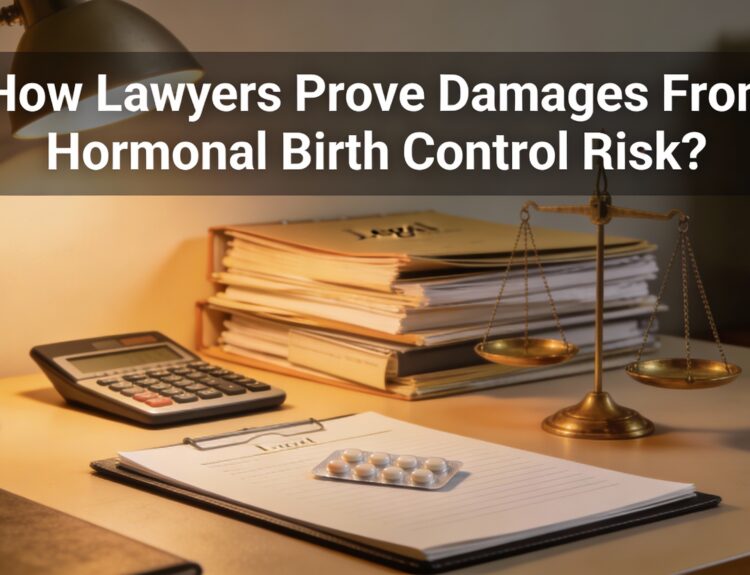Commercial vehicle accidents can be catastrophic, with the size and weight of trucks and other commercial vehicles often resulting in significant damages and injuries. In West Virginia, navigating the legal landscape following such an accident can be daunting, especially when determining liability and holding the responsible parties accountable. Understanding how liability is established and the nuances of West Virginia law is essential for those seeking justice after a collision. The Charleston, WV car accident attorneys into holding companies accountable for negligence in commercial vehicle accidents.
Contents
The Complexity of Commercial Vehicle Accident Liability
Unlike accidents involving only passenger vehicles, commercial vehicle accidents typically involve multiple parties—the driver, the company that owns the vehicle, and often third-party contractors and manufacturers. Each can have varying degrees of responsibility for the accident.
Defining Negligence in Commercial Vehicle Accidents
Negligence is a legal term for failing to exercise the level of care that someone of ordinary prudence would have exercised under the same circumstances. In the context of commercial vehicle accidents, various forms of negligence may include:
- Driver Error: Such as speeding, distracted driving, fatigue, or driving under the influence.
- Improper Maintenance: When vehicles are not adequately maintained and serviced, increasing the risk of failure or malfunction.
- Inadequate Training: Companies are responsible for providing sufficient training to their drivers—failure to do so constitutes negligence.
- Overloading: Loading vehicles beyond their allowable weight limit can lead to accidents due to decreased maneuverability and increased stopping distance.
- Non-Compliance with Regulations: State and federal laws regulate the number of hours a driver can operate a commercial vehicle to prevent fatigue-related accidents. Companies skirting these regulations are negligent.
Understanding and proving negligence is the first step toward holding a company accountable after an accident.
Establishing Company Liability in West Virginia
West Virginia law states that companies can be held responsible for their employees’ actions while they are performing work-related duties. This doctrine, known as “respondeat superior,” allows the injured party to sue the company directly, on the grounds that:
- The accident occurred within the scope of the driver’s employment.
- The driver was performing duties in furtherance of the company’s interests.
This principle not only bolsters the chances of obtaining appropriate compensation but also ensures that larger transportation firms can’t evade responsibility due to the actions of individual drivers.
The Importance of Immediate Action
Time is critical after a commercial vehicle accident in West Virginia:
- Evidence Preservation: Critical evidence needs to be secured quickly. This includes the vehicle itself, cargo data, maintenance logs, driver’s logs, and more.
- Statute of Limitations: West Virginia has statutory deadlines for filing personal injury lawsuits, which is generally two years from the date of the accident.
- Regulatory Compliance: Investigating potential violations of state or federal transportation laws can support the case against the company.
Taking swift action can prevent companies from destroying or losing key evidence and ensures a claim is filed within legal timelines.
Working with Experienced Legal Professionals
Because of the complexities involved, consulting with legal professionals who specialize in commercial vehicle accidents is recommended. A skilled legal team will:
- Conduct Thorough Investigations: To compile all necessary evidence and witness testimonies.
- Navigate Insurance Challenges: Companies and drivers typically have large insurance policies, and dealing with insurers can be challenging.
- Determine All Liable Parties: Including the company, the vehicle manufacturer, or other third-parties like cargo loaders.
Third-Party Liability and Product Defects
Some commercial vehicle accidents stem from product defects—faulty brakes, tire blowouts, steering failure—and may implicate manufacturers in the liability chain. It’s important that all avenues of negligence are thoroughly explored to secure rightful compensation.
The Impact on Victims and Compensation Recovery
Victims of commercial vehicle accidents can suffer devastating consequences—severe injuries, long-term recovery, financial burden, and emotional trauma. Appropriate compensation may cover:
- Medical Bills: Past and future expenses related to the accident.
- Lost Wages: Current and future earnings that the victim would have received if not for the accident.
- Pain and Suffering: Non-economic damages related to physical pain and mental anguish.
Accidents involving commercial vehicles demand a thorough examination of liability and often involve a web of implicated parties. In West Virginia, holding companies accountable for negligence is a rigorous process that requires swift and decisive legal action. It’s critical for victims and their families to understand their rights and to seek experienced legal counsel immediately. With the right support, the complexities of commercial vehicle accident cases can be navigated effectively, and justice can be sought against those responsible for the negligence that led to their pain and loss.




